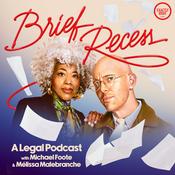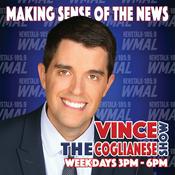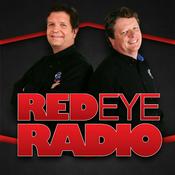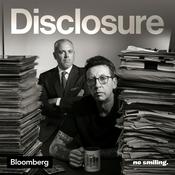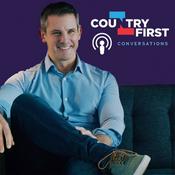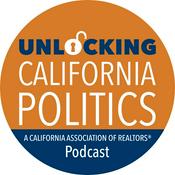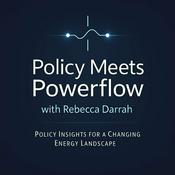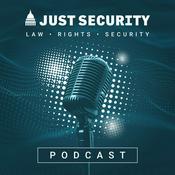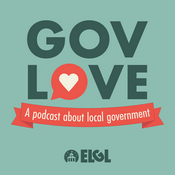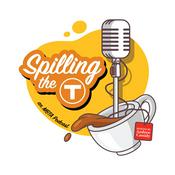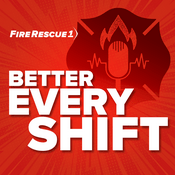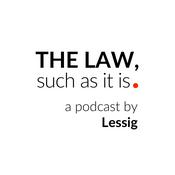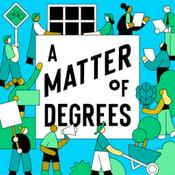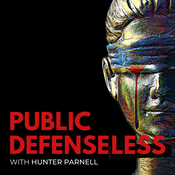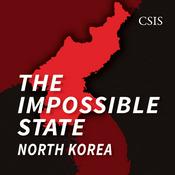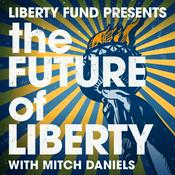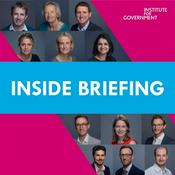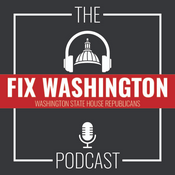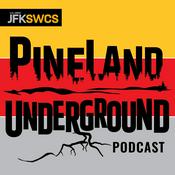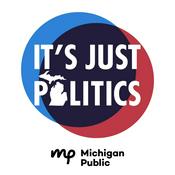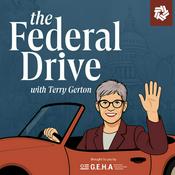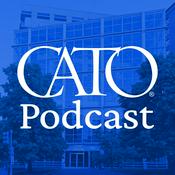20 episodes
- As Milton Friedman thought that the weight of careful research about the negative effects of the minimum wage would lead to an overwhelming consensus among economists and ultimately end public support for the policy. It didn’t work out that way, as anyone old enough to remember the “Fight for Fifteen” movement knows. Peter and Paul discuss Richard McKenzie’s article about Friedman’s prediction, why Friedman got it wrong, and the furor over an influential 1994 study that showed no negative employment effects.
In conjunction with Regulation Magazine Winter 2025 Edition.
Hosted on Acast. See acast.com/privacy for more information. - You might’ve heard that building more roads to reduce traffic doesn’t really work because of induced demand, the way in which building new infrastructure simultaneously creates more demand. In this episode, Peter and Paul discuss a similar effect for housing, which could make it harder to reduce housing inflation. In addition, they examine a counterintuitive finding: the cheaper a rental housing unit is, the higher the profit margins. That is the opposite of profits for new home construction, where higher-end housing commands larger margins.
In conjunction with Regulation Magazine Fall 2025 edition.
Hosted on Acast. See acast.com/privacy for more information. - Four decades ago, America stopped building new nuclear power plants. Some economists have even linked that decision to the era of lost economic growth known as the “Great Stagnation.” But now demand for energy is exploding, given the need for data centers to service AI, the electrification of cars, and other energy-thirsty applications. Nuclear energy boosters have declared an incipient nuclear renaissance, but, as Peter and Paul discuss, Steve Thomas’ cover article for Regulation Magazine, “The Next Nuclear Renaissance,” questions whether a nuclear energy production boom is actually coming to a reactor near you any time soon.
In conjunction with Regulation Magazine Fall 2025 edition.
Hosted on Acast. See acast.com/privacy for more information. - President Trump recently fired the Commissioner of the Bureau of Labor Statistics (BLS), claiming that the downward revision of employment numbers was evidence of some kind of conspiracy to make the administration look bad. Paul and Peter unpack what it is that the BLS actually does, why it’s constantly revising its estimates, and the potential negative consequences of politicizing economic data collection.
In conjunction with Regulation Magazine Fall 2025 edition
Hosted on Acast. See acast.com/privacy for more information. - The standard, classroom story about the history of antitrust starts with crusading progressive activists breaking up the Standard Oil trust in 1911 to save consumers from corporate greed. But a closer look at the case shows something rather different: a story about anti-competitive rent-seeking hidden in the guise of fighting for the little guy. Peter and Paul discuss William Shughart’s Regulation article “Reappreaising Standard Oil” and then apply what they learn to contemporary antitrust cases like Epic Games v Apple.
In conjunction with Regulation Magazine Summer 2025 edition.
Hosted on Acast. See acast.com/privacy for more information.
More Government podcasts
Trending Government podcasts
About Unintended Consequences
Unintended Consequences is the podcast of Regulation magazine, produced by the Cato Institute. Hosted by Peter Van Doren and Paul Matzko, the show explores how government interventions can have surprising—and often negative—consequences. Drawing from Regulation's in-depth policy analysis and cover stories, each episode unpacks the gap between policymakers’ intentions and the real-world outcomes that follow. Hosted on Acast. See acast.com/privacy for more information.
Podcast websiteListen to Unintended Consequences, 5-4 and many other podcasts from around the world with the radio.net app
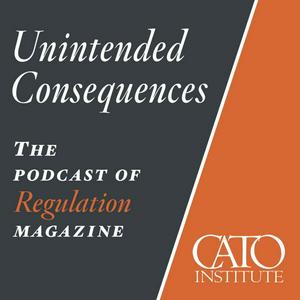
Get the free radio.net app
- Stations and podcasts to bookmark
- Stream via Wi-Fi or Bluetooth
- Supports Carplay & Android Auto
- Many other app features
Get the free radio.net app
- Stations and podcasts to bookmark
- Stream via Wi-Fi or Bluetooth
- Supports Carplay & Android Auto
- Many other app features


Unintended Consequences
Scan code,
download the app,
start listening.
download the app,
start listening.



